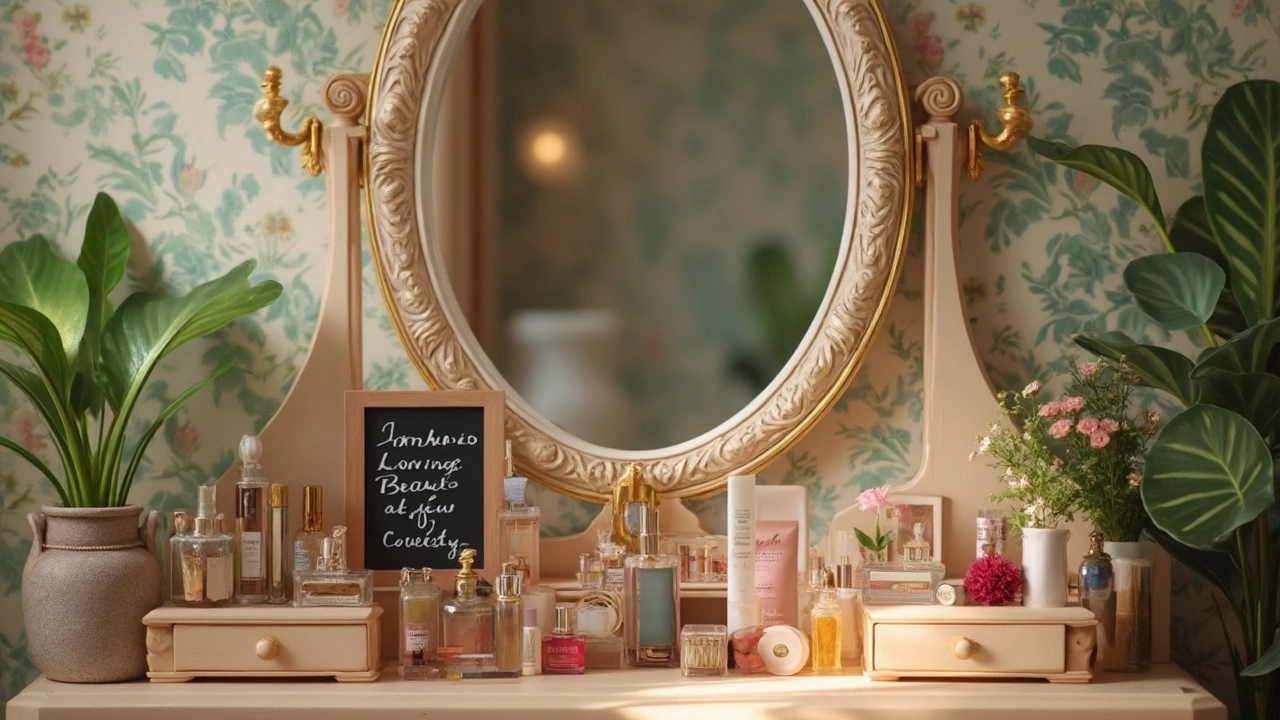Revlon cruelty‑free: the real story behind the brand
If you love Revlon’s colours but care about animals, you’re probably asking – is Revlon actually cruelty‑free? The answer isn’t a simple yes or no, and it changes with each new policy update. In this guide we break down what cruelty‑free means, where Revlon stands today, and how you can shop with confidence.
What "cruelty‑free" really means
First, let’s clear up the term. A cruelty‑free label means the brand does not test its finished products or ingredients on animals, and it isn’t owned by a company that does. It also means the brand isn’t required by law to test – for example, many countries in Asia still demand animal testing for cosmetics sold there.
Look for third‑party certifications like Leaping Bunny or PETA’s Beauty Without Bunnies logo. Those logos are audited every year, so they give you a reliable shortcut.
Checking Revlon's current policy
Revlon says it follows a “no animal testing” policy for its finished products sold in the U.S., Canada, and Europe. However, the company is owned by a larger conglomerate that still supplies products to regions where animal testing is mandatory. That means some Revlon items might be tested indirectly if they’re exported to those markets.
To verify a specific product, visit Revlon’s official website and scroll to the “Animal Testing” section. They usually list which lines are certified cruelty‑free. If you can’t find that info, call their customer service – they’re required to answer truthfully.
Another quick trick: check the ingredient list. If a product contains animal‑derived ingredients like carmine or lanolin, it may not align with a fully vegan stance, even if the brand doesn’t test on animals.
So, is Revlon cruelty‑free? In most Western markets, yes, but there are loopholes. If you’re strictly avoiding any animal testing, look for brands that are 100% certified across all regions.
Here are three practical steps to keep your makeup routine animal‑friendly:
- Always search for a recognized cruelty‑free logo before you add a product to your cart.
- Make a list of your favorite Revlon shades and double‑check each one on the brand’s site for the latest testing policy.
- Consider swapping any Revlon item that lacks clear certification with an equally affordable, fully cruelty‑free alternative – many indie brands offer similar colour payoff without animal testing.
Remember, cruelty‑free status can shift when regulations change or when a company’s ownership changes. Keeping an eye on news updates from PETA or the Humane Society can save you from unintentionally supporting animal testing.
Whether you stay loyal to Revlon or explore new cruelty‑free options, the key is staying informed. By checking labels, asking questions, and using reliable certification logos, you can enjoy beautiful makeup while protecting the animals you care about.

